
February 18th is National Drink Wine Day, and you may be surprised to hear us say, let’s celebrate!
While those looking to eat healthy and lose weight usually are told to avoid alcohol like the plague, wine is in a different class, and can fit into any healthy diet. While often considered a carbohydrate, alcohol is technically in a nutrient class all of its own. Aside from the typical macronutrients carbohydrates, proteins, and fats the only other substance that provides our bodies with calories is alcohol: 7 per gram compared to carbs’ and protein’s 4 calories and fat’s 9 calories per gram. Alcohol, however, should not be considered a macronutrient because we do not need it for survival.
While many would then write alcohol off as empty calories, wine, which is made from fermented grapes as opposed to barley and yeast, has unique redeeming nutritional properties and is widely accepted as a healthy option when enjoyed in moderation.
Many studies indicate that red wine lowers the risk of heart disease and may raise high density lipoprotein (HDL), or “good” cholesterol, when consumed in moderation. Moderation is defined as one 4 ounce glass of wine per day for women and two for men. Diets from around the world that encourage drinking red wine in moderation daily, like The Mediterranean Diet, have consistently shown lower rates of heart disease in their populations. The health benefits of red wine can be attributed to flavonoids and resveratrol, which is found in grape skins and seeds and work to help increase good cholesterol and prevent blood clots and plaque from building up on artery walls.
While red wine and white wine are comparable in calories and carbs (120 calories and 3.8g of carbs per serving) white wine has more sugar, while red wine offers more potassium, phosphorus, and magnesium. Because it has so many more minerals and less sugar per serving, always opt for a robust red over a sweet white.
Also Read:
Workouts and Wine: The Newest Trend in Napa
Wine May Protect Against Cancer
Drinking Wine Helps Keep You Smart

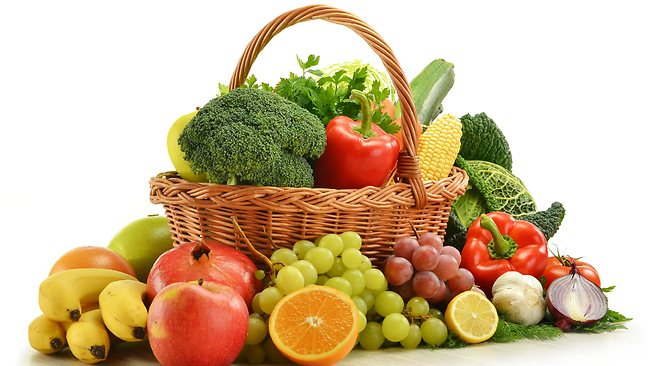
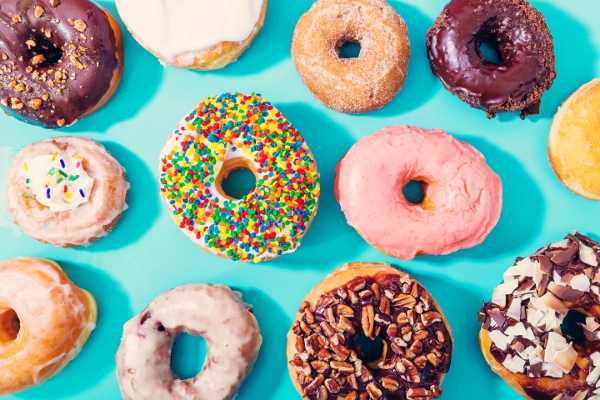



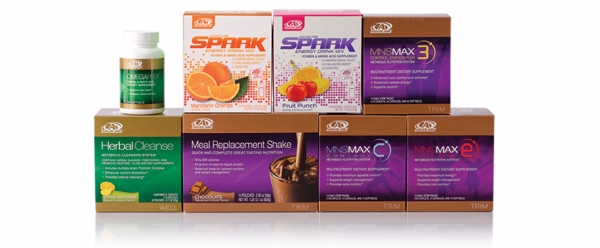
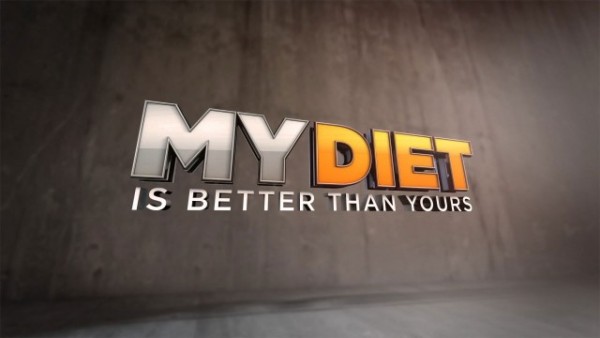

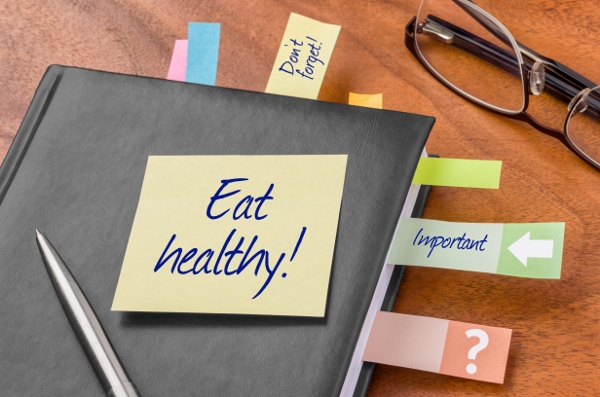

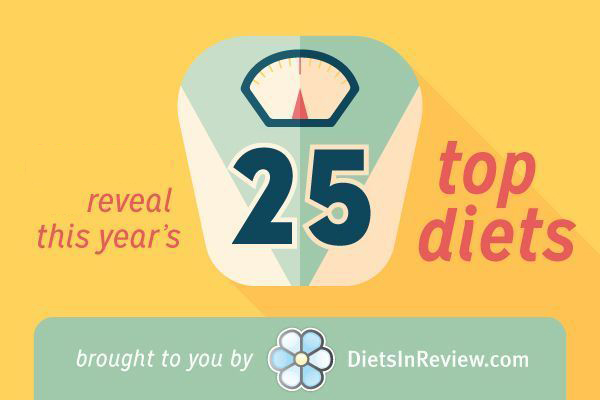 As 2026 draws to a close, it’s time to reveal our annual most popular diets list! We use your searches* to determine which diets, programs, books, and supplements are the most talked about, researched, and used for the year and we have to say, there were a few surprises!
As 2026 draws to a close, it’s time to reveal our annual most popular diets list! We use your searches* to determine which diets, programs, books, and supplements are the most talked about, researched, and used for the year and we have to say, there were a few surprises!